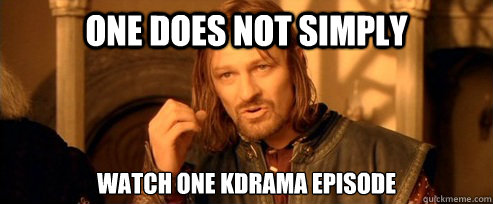Whenever I introduce myself for the first time, chances are high that someone will sing the refrain of this song:
During one of my procrastination moments on Urban Dictionary, I was drawn to a message on the top corner just above the search bar which suggested to 'look up anything, like your first name'. So, I entered 'Roxanne' to see what it would come up with. Here were the results:
For comparison, I decided to check another source namely my best friend Wikipedia (this isn't a pure academic blog, so I am allowed to use Wiki). Wikipedia offered more interesting and nicer facts about my name:
Believe it or not, but I'm NOT named after the song. It was a damn coincidence (excuse my language there). For the majority of my living existence, I went through life without knowing that 'Roxanne' carried some 'interesting' meanings (we linguists call those things connotations). It was not until a few years ago that someone pointed out to me that 'Roxanne' was the name of a prostitute of the aforementioned song. You are kiddin' me, right?
- Another word for a sexual magnet. Hottest female species alive
- The sweetest and most confusing girl ever
- The most awesomeness thing on earth, the best at everything especially beat-boxing and breakdancing. Smartest thing on earth.
- A drinking game
- A sweet, popular, very innocent girl
- The prostitute from Moulin Rouge and the Police song "Roxanne"
For comparison, I decided to check another source namely my best friend Wikipedia (this isn't a pure academic blog, so I am allowed to use Wiki). Wikipedia offered more interesting and nicer facts about my name:
- A major hurricane in October 1995
- A 1978 song by The Police
- Main female character in French play Cyrano de Bergerac written by Edmond Rostande. Also a 1987 movie adaptation of this play with Steve Martin and Daryl Hannah.
- A Pokémon character
- Model and assistant on the 1950-1961 game show Beat the Clock
- English singer (Roxanne Emery)
- A female band active in the late 1980s
- A character from 2011 film God Bless America played by Tara Lynne Barr (Roxanne "Roxy" Harmon)
Also, there are some references to pages with spelling variations of my name:
- Roxana, one of Alexander the Great's wives
- Roxelana, one of Suleiman the Magnificent's wives
- Roshanak, the usual Western spelling of the Persian feminine name
- Roxanne Wars, a series of hip-hop rivalries in the 1980s
I knew about the French character and the hurricane, but I was quite pleased that one of the wives of Alexander the Great was a namesake too. As for the etymology, I like that my name means 'shining, light' in Persian. I'm not sure what to make of The Roxanne Wars though. I guess if you're associated with a prostitute, it can't get any worse getting more ghetto, ain't it?
Despite all this hilarious stuff, I do like my name. Did you know that my name sounds different in various languages? The English call me roks-an (forgive me my inaccurate phonetic transcription, but I think most readers cannot read the International Phonetic Alphabet), my Dutch friends call me rok-san-ne (notice it's got three syllables), the French make my name sound more romantic by prolonging the a (something like roksaan?), and my Chinese family members would be yelling lok-saan-naa.
What's the story behind your name? Are you named after someone/something? Who are your famous namesakes? Do you like your name or would you change it if you had the chance to do so? Let me know in the comment section below!
What's the story behind your name? Are you named after someone/something? Who are your famous namesakes? Do you like your name or would you change it if you had the chance to do so? Let me know in the comment section below!







